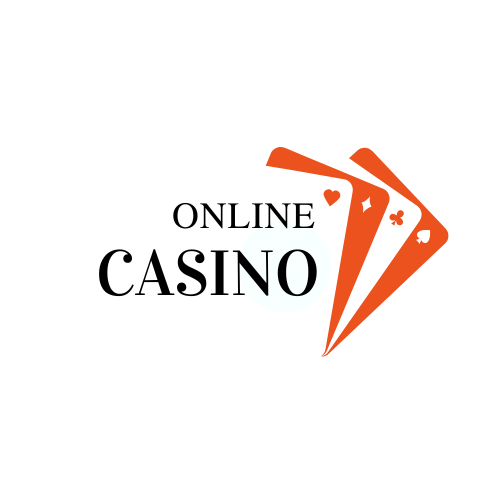Understanding Alcohol Licensing: Regulations, Processes, and Implications
Alcohol licensing is a crucial aspect of regulating the sale, distribution, and consumption of alcoholic beverages in many countries around the world. These licenses are issued by governmental bodies and are subject to various regulations and procedures designed to ensure public safety, control the availability of alcohol, and generate revenue. This article aims to explore the intricacies of alcohol licensing, including its significance, the process of obtaining a license, and its broader implications.
Significance of Alcohol Licensing
Alcohol licensing serves several important purposes:
- Public Safety: Licensing helps to regulate the sale and consumption of alcohol to minimize risks associated with its misuse, such as drunk driving, public disturbances, and alcohol-related health issues.
- Controlled Availability: By issuing licenses, authorities can control where and when alcohol is sold, ensuring that it is not readily available in areas where its consumption may pose a greater risk to public safety or health.
- Revenue Generation: Licensing fees and taxes on alcohol sales contribute significantly to government revenue, which can be used to fund public services, healthcare initiatives, and enforcement of alcohol-related regulations.
The Process of Obtaining an Alcohol License
The specific process for obtaining an alcohol license can vary gas station liquor license new york significantly depending on the jurisdiction and the type of license being sought. However, there are several common steps involved:
- Research and Planning: Before applying for a license, individuals or businesses must research the legal requirements and restrictions governing alcohol sales in their jurisdiction. This may include zoning regulations, health and safety standards, and limitations on the number of licenses issued in a given area.
- Application Submission: Once familiar with the requirements, applicants typically submit a formal application to the relevant governmental authority, such as a local council or licensing board. This application may require detailed information about the applicant’s identity, business premises, intended hours of operation, and proposed alcohol sales practices.
- Review and Approval: The licensing authority will review the application to ensure that it complies with all applicable regulations. This process may involve inspections of the proposed premises, background checks on the applicant, and consultations with relevant stakeholders, such as law enforcement agencies or community groups.
- Issuance of License: If the application is approved, the licensing authority will issue the alcohol license, specifying the terms and conditions under which alcohol may be sold or served. These conditions may include restrictions on the types of alcohol sold, operating hours, minimum age requirements for patrons, and responsibilities for ensuring public safety.
Implications of Alcohol Licensing
Alcohol licensing has a range of implications for various stakeholders:
- Business Owners: For businesses that sell or serve alcohol, obtaining and maintaining a valid alcohol license is essential for legal operation. Failure to comply with licensing regulations can result in fines, suspension of the license, or even closure of the business.
- Consumers: Licensing regulations can impact consumers by influencing the availability and accessibility of alcohol, as well as the atmosphere of establishments where it is sold. Licensing laws may also affect the pricing and variety of alcoholic beverages available to consumers.
- Public Health and Safety: Effective alcohol licensing can contribute to public health and safety by reducing alcohol-related harm, such as drunk driving accidents, underage drinking, and alcohol-fueled violence. Regulations governing the sale and consumption of alcohol are often designed with these objectives in mind.
- Government and Regulatory Bodies: Alcohol licensing represents an important source of revenue for governments, but it also entails administrative costs associated with enforcement and oversight. Regulatory bodies must strike a balance between generating revenue from alcohol sales and mitigating the social costs associated with excessive consumption.
Conclusion
Alcohol licensing plays a vital role in regulating the sale, distribution, and consumption of alcoholic beverages, with implications for public safety, business operations, consumer behavior, and government revenue. By implementing and enforcing licensing regulations effectively, authorities can help to mitigate the risks associated with alcohol misuse while ensuring that legitimate businesses can operate responsibly within the law. As societies continue to grapple with the complex challenges posed by alcohol consumption, the importance of robust and adaptive alcohol licensing regimes remains undiminished.
